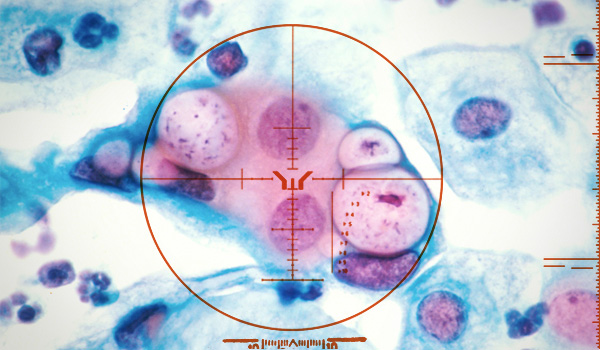A team of scientists made a breakthrough discovery in the fight against sexually transmitted infections (STIs), paving the road for the world’s first vaccine against chlamydia. They found a new antigen that may help fight the symptoms caused by the bacterium that causes this disease, the Chlamydia trachomatis. The team from the Michael G. DeGroote Institute for Infectious Disease Research at McMaster University in Canada published their new discovery in the journal Vaccine. The study was funded by the Canadian Institutes for Health Research.
Chlamydia is the most common STD, with over 2.86 million cases each year, half of which reported in the United States only. Infections are often asymptomatic and usually occur in younger people aged 15-24 years. However, in women chlamydia may lead to severe complications such as chronic pelvic pain, ectopic pregnancy, and tubal factor infertility. The bacterium is usually transmitted through sexual contact with an infected individual, but can also be spread from the mother to the newborn during childbirth. Babies infected with chlamydia may later suffer from pneumonia or conjunctivitis. Since people do not generally seek testing for this disease, the infection is usually left untreated. Using a condom during sexual intercourse is the only safe way to reduce the risk of contagion. As David Bulir, one of the co-authors of the study explained, a vaccine should be the only effective way to prevent future chlamydia infections, although all efforts to develop one have been unproductive so far.
During their study, the scientists from the McMaster University immunized female mice with an antigen consisting of three proteins from C. trachomatis: CT584, CopB, and CopD. The antigen called BD584 successfully reduced two of the main symptoms of this type infection, chlamydial shedding and hydrosalpinx, by 95 percent and 87.5 percent respectively. The most interesting aspect of their discovery is that the vaccine has the potentioal to be effective even with other C. trachomatis strains, including those that cause trachoma. Trachoma is a serious infection of the eyes that cause blindness in people affected in third world countries and developing nations. The BD584 antigen can be safely administered through the nose, and it’s an easy and painless solution that could be used even by untrained personnel. This is a critical aspect for future mass-vaccination programs in developing nations, as another co-author of the study, Steven Liang, explained. New formulations, as well as the effectiveness of the vaccine against other strains of chlamydia, will be tested in the near future.
Article written by Dr. Claudio Butticè, PharmD.
REFERENCES
- David Bulir, Steven Liang, et al. “Immunization with chlamydial type III secretion antigens reduces vaginal shedding and prevents fallopian tube pathology following live C. muridarum challenge.” Vaccine, Volume 34, Issue 34, 25 July 2016, Pages 3979–3985.
- Centers for Disease Control and Prevention (CDC). Chlamydia – CDC Fact Sheet (Detailed). www.cdc.gov. (Accessed July 2016)
